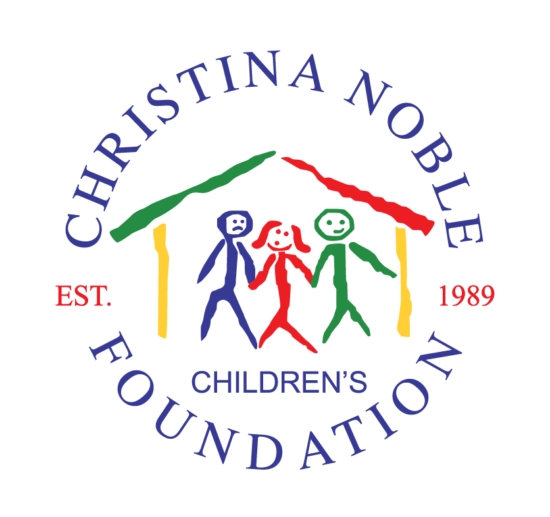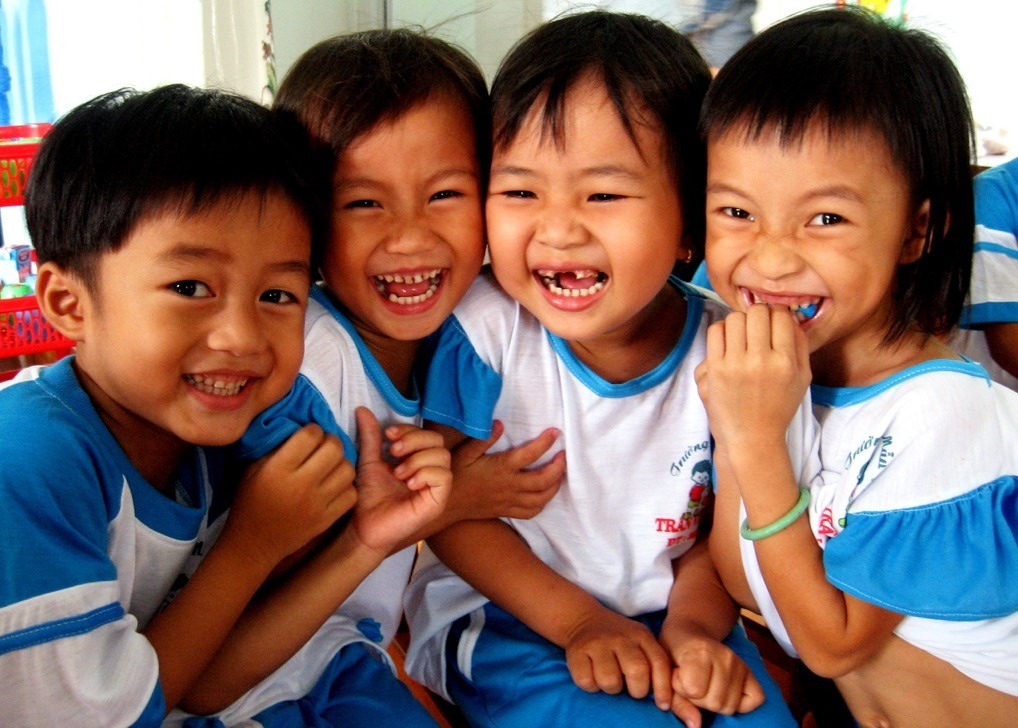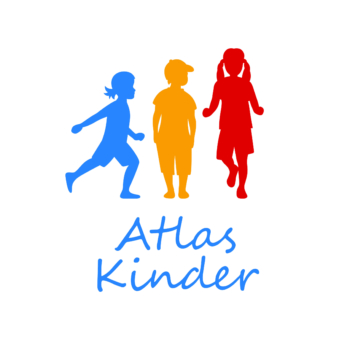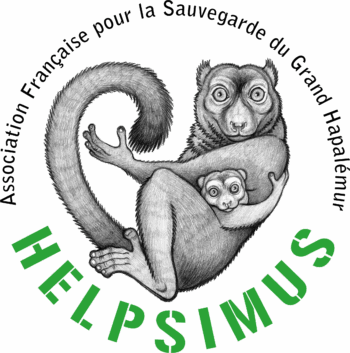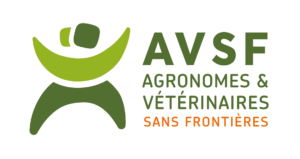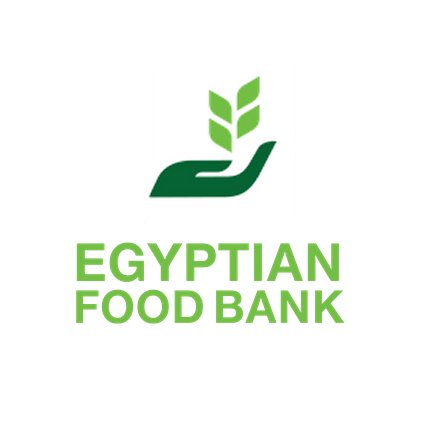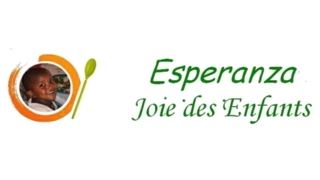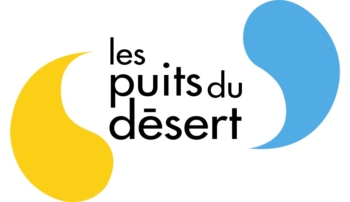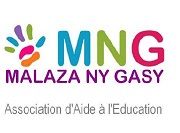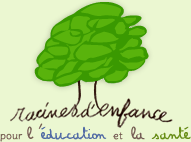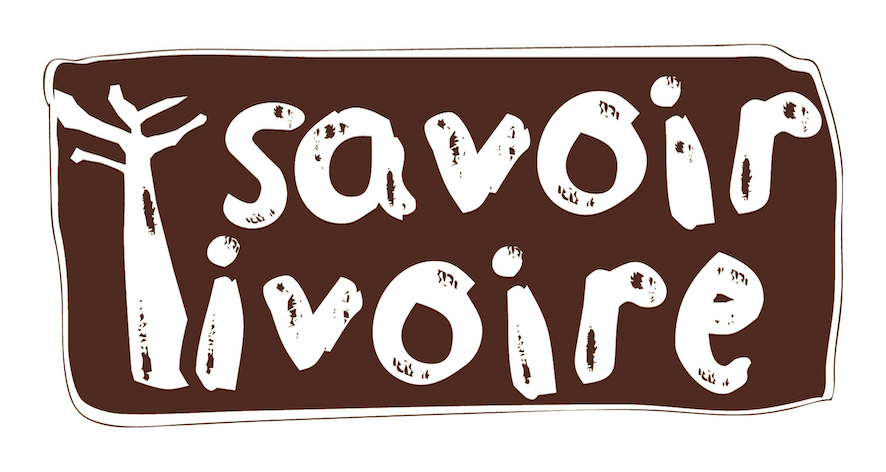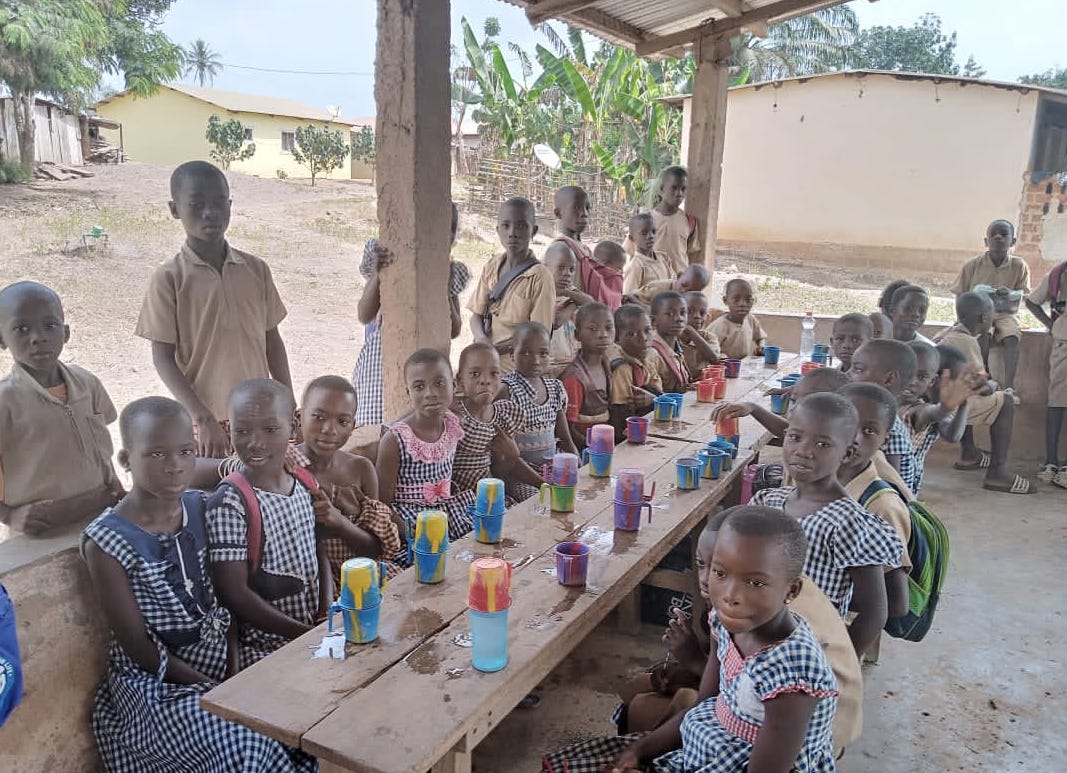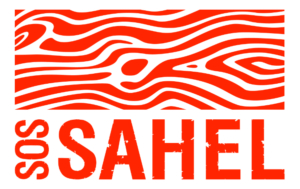BEL FOUNDATION: SPOTLIGHT ON OUR 2022 PROJECTS
Christina Noble
For thirty years, the Christina Noble association has been helping poor children in Mongolia and Vietnam through programs that promote access to healthcare, education and community development assistance. More than 900,000 children have benefited from its support.
In Vietnam, while the country’s economy keeps growing, millions of families live in conditions of extreme poverty in the isolated rural areas of Ben Tre and Dong Thap provinces. In this context the association has decided to operate in order to support these populations. In 2022, the Bel Foundation’s will enable the renovation of school canteens in two kindergartens in Vietnam, to ensure healthy and complete nutrition for children.
What are the expected results of the project?
- Equip the kitchens to make them functional
- Guarantee a meal for all pupils attending these schools
- Enable children to attend school all day, thus enable parents to maintain their working hours.
In all, more than 850 children will benefit from a full meal on their way to school.
Acting For Life
Founded in 1973, Acting for Life is a French international solidarity organization that promotes economic and social development of vulnerable populations. For almost 50 years, the association has been fighting poverty and enabling children, women, and men to live with dignity, thanks to the help of over 50 local partners in West Africa and Latin America.
In the region of Hauts Bassins in Burkina Faso, 30% of children are suffering from malnutrition. After hard years due to conflicts and the Covid-19 crisis, the impact of the war in Ukraine is increasingly undermining the food security of thousands of people. The main causes are more difficult supply and rising prices.
Acting for Life has been operating in Burkina Faso since 2015 and has enabled to focus on the transformation of food systems to sustainable and resilient models. Since 2021, Acting for Life has set up the TERSAA program (Transition of agricultural and food system in local areas) in 5 countries (Burkina Faso but also Colombia, Peru, Togo, and Benin) alongside 8 local partners and more than 7,400 producers and processors from family farming. The aim of the TERSAA program is to promote sustainable food production and ensure that consumers can access quality, locally produced food.
The Foundation’s help in 2022 enable to support and train producers from 12 cooperatives in Burkina Faso, to improve agricultural yields and distribution outlets, in order to ensure and improve supplies for 30 school canteens in the Hauts Bassins region
What are the expected results of the project?
- Distribution of daily meals to schoolchildren in the 30 schools identified by Acting For Life (through the creation of food storage warehouses, drying areas, etc.),
- Improving the quality and quantity of locally produced meals distributed to these schools,
- Training producers in the marketing, promotion and distribution of their products, to facilitate a better link between family farming and local markets and thus contribute to job creation,
- Ensure safety of the equipment for transporting and distributing cultivated produce,
- Raising awareness among all stakeholders, including schoolchildren, of the right to food for all,
- Capitalize on the actions implemented by Acting for Life in the 5 countries and their results, with the help of a research center, to optimize practices in future years.
A total of 2,400 primary school pupils will benefit from a daily meal at school. For more information on the TERSAA program, click here.
Atlas Kinder
Founded in 2015 by a Swiss businessman, Atlas Kinder is a Moroccan association located 30 kilometres from Marrakech that caters to over 200 orphans and abandoned children.
To care for its children, the association built an initial village on a 15-hectare site, containing around 20 family homes, a primary school, a vegetable garden, a nursery, a medical centre and a therapy centre for children with disabilities. An amphitheatre and a farm were built in the village. In 2022, the association initiated the construction of three new villages, located close to the first, to accommodate more children.
In these villages, the foster mothers, who live in neighbouring villages, are carefully selected and trained when they arrive and throughout the support they provide to the children. They provide care and ensure the proper education of the children in their care. The village school teaches in Arabic and French from classes 1 to 6. English is also studied. Teachers receive ongoing training, based on the Montessori method of education, which emphasises individual support and fosters a lifelong love of learning.
Through these villages, the association aims to help children rebuild their lives and give them every chance of a better future.
TheFoundation’s support in 2022 will provide the means to consolidate the village’s central kitchen and the kitchens in the family homes, ensuring that meals are properly prepared for the children cared for by the association.
What are the project’s expected results?
- Equip the kitchens in family homes and the village’s central kitchen with electrical appliances, kitchen equipment and utensils.
- Prepare and serve four meals per day for all children in the three villages and the foster mothers.
- Cookery training given by the village chef to the host mothers to help them better prepare, cook and preserve the meals they prepare.
In total, 180 children will have access to one meal per day throughout the school year.
Helpsimus
Founded in 2009, the French association Helpsimus has set itself the goal of protecting the greater bamboo lemur (Prolemur simus) in Madagascar through the Bamboo Lemur programme, which combines scientific monitoring of the species, protection of its habitat and development aid for villages bordering groups of greater bamboo lemurs. As part of this scientific programme, Helpsimus has made education its priority.
Helpsimus provides funding for the education of children in five fokontany (= the smallest administrative subdivisions in Madagascar) located in the immediate vicinity of the greater bamboo lemurs’ habitat, in the rural commune of Tsaratanana. In these remote rural areas, people live below the extreme poverty line and practise subsistence farming. During the “lean” period between the end of the consumption of the previous harvest and the next harvest, when malnutrition is at its highest, school absenteeism increases considerably. Children have to work to help their parents, or can’t get to school because they don’t have balanced meals. Against this backdrop, Helpsimus opened its first canteen in 2016 to serve daily meals to village children during the lean period, followed by a second in 2020. Today, the association manages five schools, four of which have been supported by the Bel Foundation.
The support of the Bel Foundation in 2022 will provide the means to build kitchens and refectories and make them safe, guaranteeing daily meals for pupils in the region.
What are the project’s expected results?
- Build and equip two kitchens for a school damaged by cyclone Batisirai in February 2022 and the Simus school – an educational centre for local children.
- Construct a refectory to accommodate pupils from the Simus school.
- Serve a daily meal to schoolchildren.
- Improved school results for these pupils.
- Improve meal nutrition in the five school canteens run by the association.
- Training in the Nutricartes method for children and the Helpsimus teams.
- Organise environmental education workshops for children in 18 Helpsimus partner villages
In total, 440 primary school pupils will have access to one meal per day throughout the school year and at the Simus school during environmental education activities.
AVSF
Agronomes et Vétérinaires Sans Frontières (AVSF) is an NGO that for the last 40 years has been helping the most vulnerable farming families to develop their agricultural and livestock activities, in order to combat food insecurity in the long term. Every year, AVSF runs around 60 cooperation programmes in some 20 countries in Africa, Asia, Central and South America and the Caribbean. In Africa, the NGO has been active for several years in Vélingara Department, one of the poorest regions in Senegal.
Since 2016, the Bel Foundation has supported AVSF on several occasions in this region to help relocate milk production while combating malnutrition in local communities. The Foundation’s long-standing support for AVSF’s work has made it possible to strengthen networks of cooperative mini-dairies, including through the Milk for Kids project. This has enabled local dairy products to be supplied to the region’s school canteens, improving pupils’ nutrition. By bolstering the production, processing and sales capacities of the Senegalese milk sector, AVSF has also enabled many families to increase their income and thus improve their living conditions in the long term.
The Agence Française de Développement (AFD) has confirmed its support for the NGO to roll out the project in 57 new schools in partnership with GRDR, improving food security and learning conditions for over 7,000 children.
The Foundation’s most recent support in 2021 enabled AVSF to provide structural reinforcement for eight new school canteens. Following on from the “Milk for Kids” project, the Foundation has decided to renew its support for AVSF to enable it to continue its mission in the Vélingara region.
The Foundation’s support in 2022 will provide the means to roll out he “Milk for Kids” project in two new school canteens and will consolidate the actions implemented in the canteens supported since de project began
What are the project’s expected results?
- Construct two new school canteens in Vélingara Department.
- Continue and bolster training and awareness-raising initiatives to ensure the sustainable operation and continuous supply through short supply routes to ten school canteens in the Vélingara region.
- Specific support for around 6,000 people (farming and livestock breeder families).
- Sustainable improvement of the school food supply and learning conditions in these ten schools..
In total, 1,500 pupils aged 6 to 12 will have access to one meal per day throughout the school year.
EGYPTIAN FOOD BANK
Founded in 2006, the NGO Egyptian Foodbank implements a range of programmes focusing on development, food distribution and awareness-raising, in order to combat hunger in Egypt in the long term. Through these actions, the NGO also aims to raise awareness of the fight against food waste. Since 2010, the Egyptian Food Bank, which specialises in food aid issues, has been running the School Feeding Program in collaboration with the Egyptian Ministry of Education to improve the diet of pupils in 44 priority government schools and help increase school attendance. Since the launch of this food programme, over 13 million meals have been served in 10 Egyptian governorates.
Of the 44 schools managed by the NGO, 29 canteens have received new equipment thanks to the Bel Foundation’s support in 2020 and 2021.
The Foundation’s support in 2022 will provide the means to develop the School Feeding Program in ten further school canteens across the country.
What are the project’s expected results?
- Renovate and make safe the buildings of a dozen school canteens in Cairo.
- Equip these canteens with electrical appliances, kitchen equipment and utensils.
- Training in meal preparation and food hygiene good practice for the school canteen committee and children.
- Improve hygiene conditions during the preparation of daily meals for pupils at these schools.
- Create jobs for women from neighbouring villages, to handle the smooth running of the school canteens.
In total, over 33,500 pupils aged 6 to 11 will have access to one meal per day throughout the school year.
The local Bel subsidiary is involved in monitoring the project on site and was also able to visit one of the schools supported by the Foundation in December 2021.
Esperanza Joie des Enfants
ESPERANZA is a solidarity association whose mission is to contribute to the fight against hunger. Operating in Madagascar since 1996, the association supports two nutritional centres and five school canteens that cater for over 3,500 children every day, facilitating their access to education, the first step towards sustainable and autonomous local development. The French association also runs the second-largest spirulina farm in Madagascar, enabling it to provide a nutritional supplement in these canteens and the same number of canteens run by partner associations. The association also supports two rural dispensaries that cater for the most vulnerable families. In 2022, the association is continuing its efforts to improve the diet and education of children in the centre of the country by opening the Ankadinondry-Sakay nutrition centre (80 children) and a school canteen in Bekopaka (175 children). It is also developing a programme of independent income-generating activities for families (microfinance, with 1,000 beneficiaries).
The Foundation’s support in 2022 will provide the means to setup a new nutrition centre, serving daily meals for children attending the adjacent literacy centre.
What are the project’s expected results?
- Construct a 150 m² building to cyclone-resistant standards, including a refectory, a kitchen and food storage areas (completion in early September 2022),
- Equip the nutrition centre’s kitchen and refectory.
- Serve a minimum of 80 meals a day to the children.
- Supplement children’s meals with spirulina through three annual courses lasting seven weeks each.
- Improve and monitor child nutrition.
In total, at least 80 pupils aged 3 to 13 will have access to one meal per day at the nutrition centre every day throughout the year
Les Puits du Désert
For over 18 years, the association Les Puits du Désert has been working in the Agadez region in the north of Niger, a highly desertified area, where it is one of the few French associations to conduct activities in an area forgotten by other humanitarian associations.
Its mission is to improve the living conditions of Tuareg communities. In this predominantly desert country, access to water is very limited and is a major daily challenge for the most disadvantaged nomadic and sedentary populations. For the children, direct access to water relieves them of the chore of fetching water, which often takes up several hours a day, thereby paving the way to school.
Since 2004, 330 wells (pastoral, market garden or village) have been built or refurbished in the Agadez region. The association has also enabled the construction of schools, simple but “hard” buildings (concrete walls, tin roofs and ceilings) that protect the children from the harsh climate. The association is also working to set up school canteens and gardens. It is also working to empower women and give them access to basic healthcare. Working closely with its local partner, the Nigerian NGO TIDENE, Les Puits du Désert has now enabled almost 100,000 very vulnerable people to benefit from this infrastructure.
In 2020, the Bel Foundation supported an initial project to build two market garden wells and two school gardens in two primary schools in the region. In 2022, the association is asking the Foundation to continue its work in two new schools.
The Foundation’s support in 2022 will provide the means to construct vegetable gardens in two new schools in the Agadez region, helping to diversify and increase children’s school meals.
What are the project’s expected results?
- Create, develop and fence two school vegetable gardens.
- Distribute seeds and plant protection products to the two schools’ management committees.
- Construct two wells and counter-wells, equipped with a pumping system.
- Supply the canteens with harvest produce.
- Serve three meals a day to pupils (versus one meal in 2022).
- Improve student nutrition.
- Introduction to agricultural production techniques for schoolchildren, run by the Parents’ Association.
In total, 270 pupils will have access to three meals per day throughout the school year.
Magic Breakfast
Founded in 2001, MAGIC BREAKFAST is a nonprofit organisation whose mission is to combat child hunger in the UK in the mornings on a long-term basis, which is key to improving their learning conditions. By serving nutritious breakfasts, the association aims to give every child the best possible chance of succeeding at school and thriving in life.
Magic Breakfast now supports over 1,000 schools in the UK, reaching over 215,000 children and young people every day at school. Its vision is that no child in the UK should have to go hungry to learn. #NoChildTooHungryToLearn
The Foundation’s support in 2022 will provide the means to award grants to around 30 schools in the UK to improve the storage, delivery and preparation of breakfasts in school canteens.
What are the project’s expected results?
- Renovate and purchase equipment for the school kitchens (electrical appliances, utensils, etc.) to guarantee the distribution of a daily breakfast and also provide a wider variety of foods.
- Purchase and distribute special equipment for children with disabilities or special educational needs, to remove any obstacles to eating breakfast.
- Improve the nutritional quality of the breakfasts provided daily to schoolchildren.
In total, around 7,500 pupils will have access to a balanced breakfast every day throughout the school year.
Madavenir
MADAVENIR is a French nonprofit association working in Madagascar to provide schooling for underprivileged children. From France, it provides assistance and financial support for the activities of the local association MNG-Ecole de la Chance, which has been operating in Madagascar for 22 years and runs 12 schools with 5,500 children and 500 adults learning to read and write on weekend afternoons. Madavenir and MNG operate in landlocked regions with a very complicated security situation. Their efforts to foster children’s education is essential: part-time schooling is seen by families as an “island of security”, helping to forge a better future and combat child labour. The Tamatave region is also regularly hit by natural disasters. Last April, the cyclone caused a great deal of damage, destroying the most fragile infrastructure of a “school of opportunity” in Tanambao Verrerie, a very poor district in the region.
The Foundation’s support in 2022 will provide the means to reconstruct school building and make it safe, so that disadvantaged children in the region can continue to go to school and receive a daily meal.
What are the project’s expected results?
- Construct a one-storey, multi-purpose building to cyclone-resistant standards: the building will contain classrooms on the first floor and the canteen refectory on the ground floor.
- Guarantee the distribution of meals to schoolchildren and their attendance at school,
- Increase the number of meals and diversify the menus served to schoolchildren (the aim is to increase the number of meals per week from three to five). The purchase of foodstuffs and the planting of thousands of mango trees are financed by the Fondation Générations Solidaires, which is monitoring the mango tree planting programme in “schools of opportunity” in the south.
In total, over 1,100 pupils aged 5 to 20 will have access to one meal per day throughout the school year.
Mith Samlanh
Founded in 1994 by the Friends International network, MITH SAMLANH is a Cambodian nonprofit organisation that works with and for marginalised children and young people, their families and their communities, to provide them with a better future. The Cambodian association has set up an education centre for disadvantaged children and young people in Phnom Penh. It aims to combat child labour and begging on the streets, by offering remedial education with the aim of reintegrating these children into state schools, as well as training to guide them towards employment integration programmes.
The Foundation’s support in 2022 will provide the means to serve meals to extremely vulnerable children who do not attend state schools and who are hosted at the association’s centre.
What are the project’s expected results?
- Modernise and equip the kitchen with small electrical appliances, so that meals can be prepared in hygienic conditions.
- Increase the capacity of the refectory.
- Serve a daily nutritious breakfast to students.
- Improve children’s nutrition and their ability to learn..
In total, over 150 children aged 5 to 12 will have access to one meal per day after their academic support classes.
Naturevolution
Naturevolutionis a nature conservation and international solidarity association that has been working since 2009 to conserve biodiversity and endangered natural habitats, and to promote the development of the communities that depend on them. Working in partnership with local stakeholders, the association provides social aid (education, health, food, waste management), economic aid (ecotourism, agroforestry, beekeeping) and environmental aid (biodiversity conservation, awareness-raising, research). The association works specifically in Madagascar and Indonesia, and also conducts awareness-raising campaigns throughout France, offering films, conferences and exhibitions to the general public.
Naturevolution has been present in the Makay region since the association was founded, and has helped to make the region a protected area since 2017. Increasingly affected by episodes of drought and famine, more and more groups of villagers are leaving towns to settle in the region, in search of farmland, thereby contributing to the deforestation of the Makay forests and an increase in poaching. In this context, to ensure the preservation of this area and the food security of its inhabitants, Naturevolution is working alongside local populations to improve both their living conditions and their environment in the long term.
In 2021, the association appealed to the Bel Foundation to finance the programme “Graines de Changement“. The aim of this project is to alleviate periods of food insecurity by setting up school canteens. Local communities are being trained in new agro-ecology techniques through the creation of rice paddies and “school vegetable gardens”. Community granaries have also been set up to guarantee rice stocks throughout the year. Within the schools, the children benefit from the harvests from the vegetable and rice gardens, helping to promote their education and development.
The Foundation’s support in 2022 will provide the means to set up a sixth school canteen and enhance the agro-ecology skills of the communities in the project’s six villages.
Quels sont les résultats What are the project’s expected results?
- Set up a school vegetable garden to diversify and increase the number of meals served, using produce from the gardens.
- Serve free meals to schoolchildren five days per week.
- Set up a community granary in the village to keep stocks under control throughout the year.
- Build the skills of communities in the six villages involved, to help them become proficient in a new rice-growing technique that generates higher yields and uses less water.
In total, over 700 schoolchildren living in the Makay will have access to one meal per day throughout the school year.
Racines d’Enfance
Since 2004, the French association Racines d’Enfance has been working exclusively in rural areas of Senegal to promote children’s education. Since its creation, it has built 12 nursery schools and provided schooling for over 8,600 children aged 2 to 7. Its aim is to help improve children’s living conditions and support them as they take their first steps towards school, so that they can integrate successfully into the primary education cycle and have a successful academic journey.
Through its work, the association also enables mothers to have free time so that they can devote themselves to developing income-generating activities.
Over the last four years, the Bel Foundation has supported Racines d’Enfance in developing canteens and vegetable gardens at these nursery schools in Senegal. In 2022, the Ivorian education authorities asked the association to replicate its pre-school model in the country, as Côte d’Ivoire has very few facilities for children in this age group.
The Foundation’s support in 2022 will provide the means to support the association in rolling out its nursery school model in Côte d’Ivoire.
What are the project’s expected results?
- Construct a canteen for the association’s first nursery school in Côte d’Ivoire, containing a kitchen, a refectory and storage facilities,
- Create a school garden.
- Serve a daily balanced lunch five times a week to schoolchildren.
In total, around 100 nursery pupils will have access to one meal per day throughout the school year in the Agnibilekrou region.
Savoir Ivoire
Founded in 2004, Savoir Ivoire is a nonprofit organisation whose mission is to promote education in Côte d’Ivoire. By setting up practical initiatives in around ten partner schools, the association supports over 4,000 pupils every year. The association has supported numerous projects to renovate and extend school infrastructure and canteens, and develop gardens and access to water, with the sole aim of guaranteeing the best possible learning conditions for the children.
In 2022, at the request of villagers and the school group where it works, the Savoir Ivoire association asked the Foundation to set up a canteen.
The Foundation’s support in 2022 will provide the means to construct a canteen for two state primary schools in Côte d’Ivoire.
Quels sont les résultats atWhat are the project’s expected results?
- Construct and fit of a refectory and kitchen, and install a drinking fountain.
- Increase the number of children enrolled and their attendance at the school group (goal: double the number of pupils).
- Serve a daily meal to schoolchildren.
- Guarantee ongoing support from the Ivorian Ministry of Education to finance access to water and electricity in these two schools, and to ensure this school group’s long-term existence.
In total, 500 pupils will have access to one meal per day throughout the school year.
SOS SAHEL
For 45 years, the NGO SOS SAHEL has been working to improve living conditions for people in sub-Saharan Africa. It provides special support to rural communities in the Sahel to help guarantee their food security. Thanks to its expertise in the field and with the help of a network of over 1,000 partners from a variety of complementary backgrounds (agronomists, technicians, experts, sociologists, journalists, etc.), SOS SAHEL works in particular in the fields of sustainable agriculture, access to water and capacity building for local players.
For several years now, SOS SAHEL has been setting up a number of NUTRISCO Clubs, notably in Burkina Faso, Chad and Senegal. In groups, volunteer pupils come together and learn about good hygiene, nutrition and farming practices through fun, interactive exercises. The harvests from the school gardens supply the canteens with fresh fruit and vegetables. Thanks to this programme, both theoretical and practical, the children become genuine ambassadors for nutrition and can then share their knowledge within their communities. As such, these clubs are a powerful educational tool in combating malnutrition on a large scale.
A long-standing partner, the Foundation has been working alongside SOS SAHEL since 2015 to combat child malnutrition in Burkina Faso. In 2017 and 2021, the Bel Foundation supported the NGO in developing NUTRISCO Clubs.
The Foundation’s support in 2022 will provide the means to sustain the activities of the nine new NUTRISCO Clubs set up in 2021 in south-east Senegal, to improve food and nutritional security over the long term in the nine rural communities involved in the project.
What are the project’s expected results?
- Ensure the longevity of the NUTRISCO Clubs in the nine schools, integrating the effective operation of the market gardens and their management by the pupils.
- Supply the nine school canteens with produce from the market gardens.
- Training for teachers, awareness-raising sessions and cookery workshops for the children.
- Improve the food and nutritional health of schoolchildren.
- Improved academic results for pupils in the nine schools, with zero grade repetition and drop-out rates.
- Set up a long-term system of school canteens, based on the establishment of NUTRISCO Clubs.
In total, at least 1,500 pupils will be taking part in the NUTRISCO Clubs and learning about good nutritional and hygiene practices throughout the school year.

